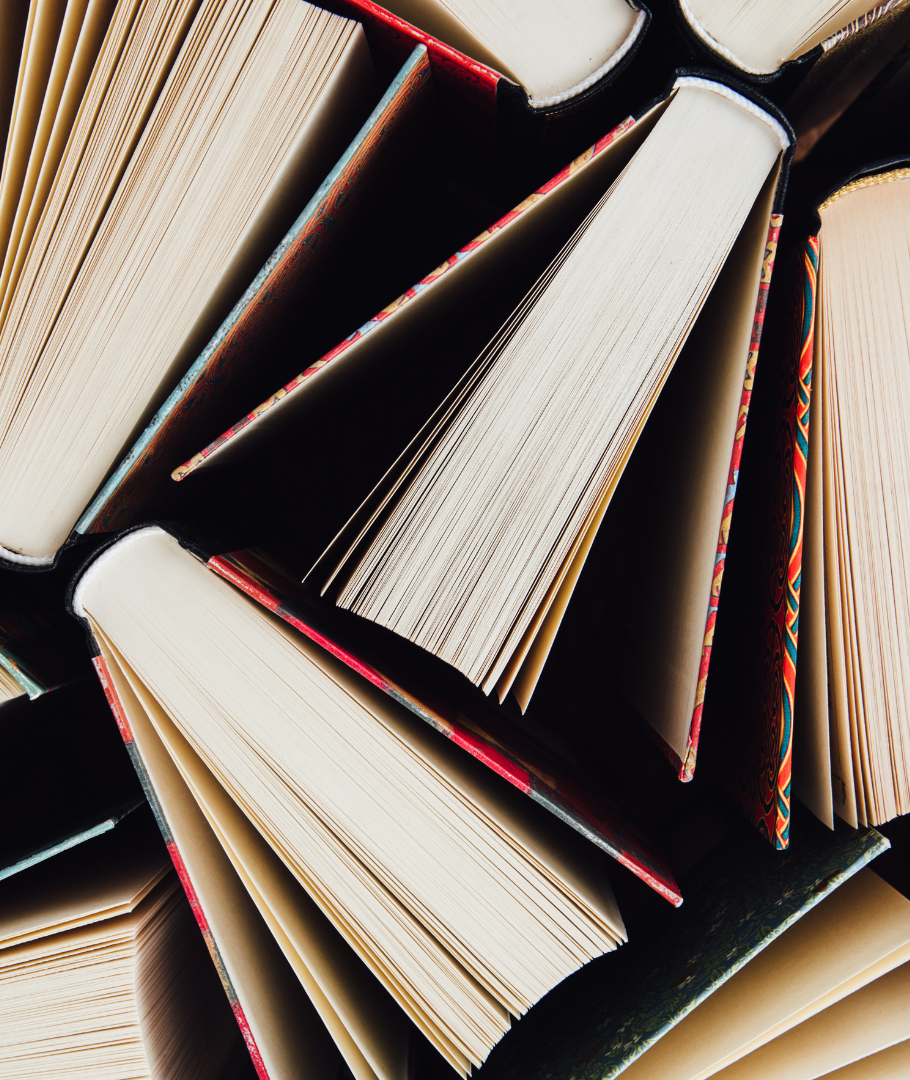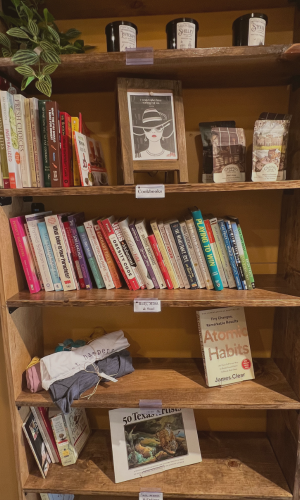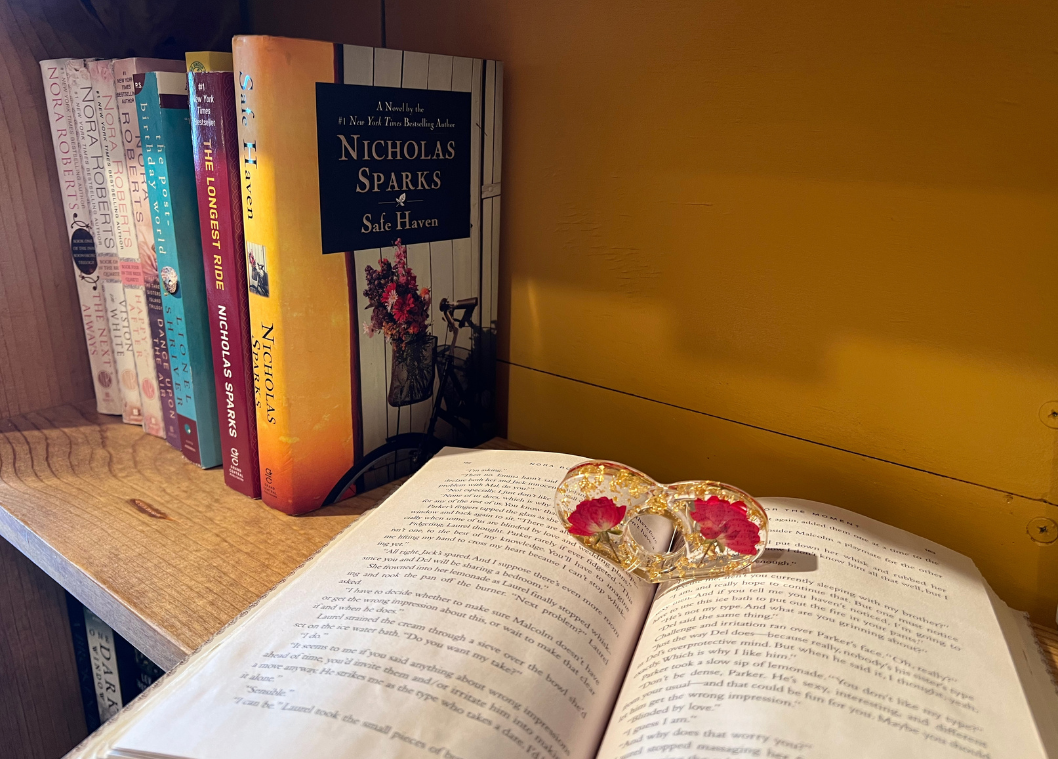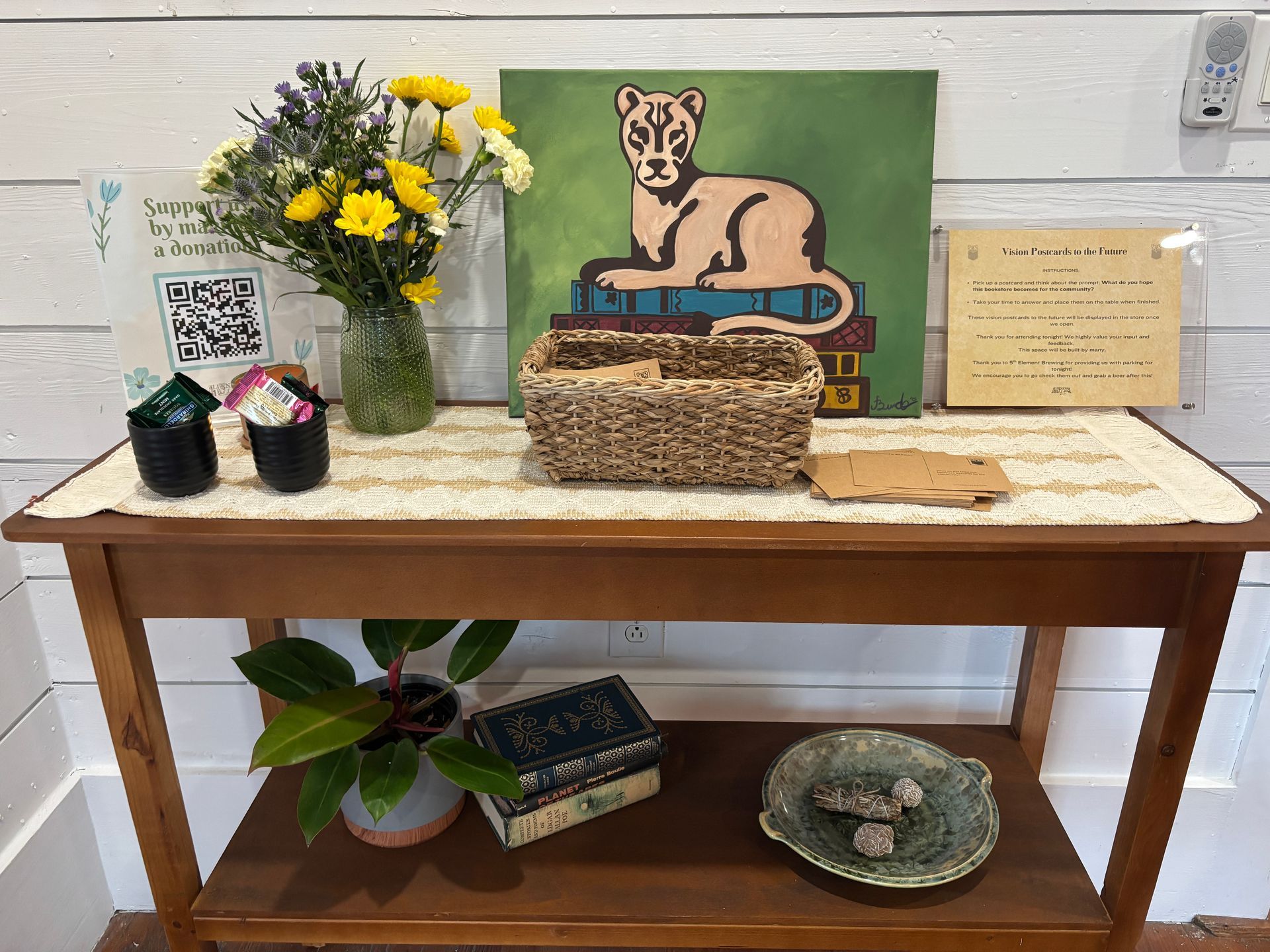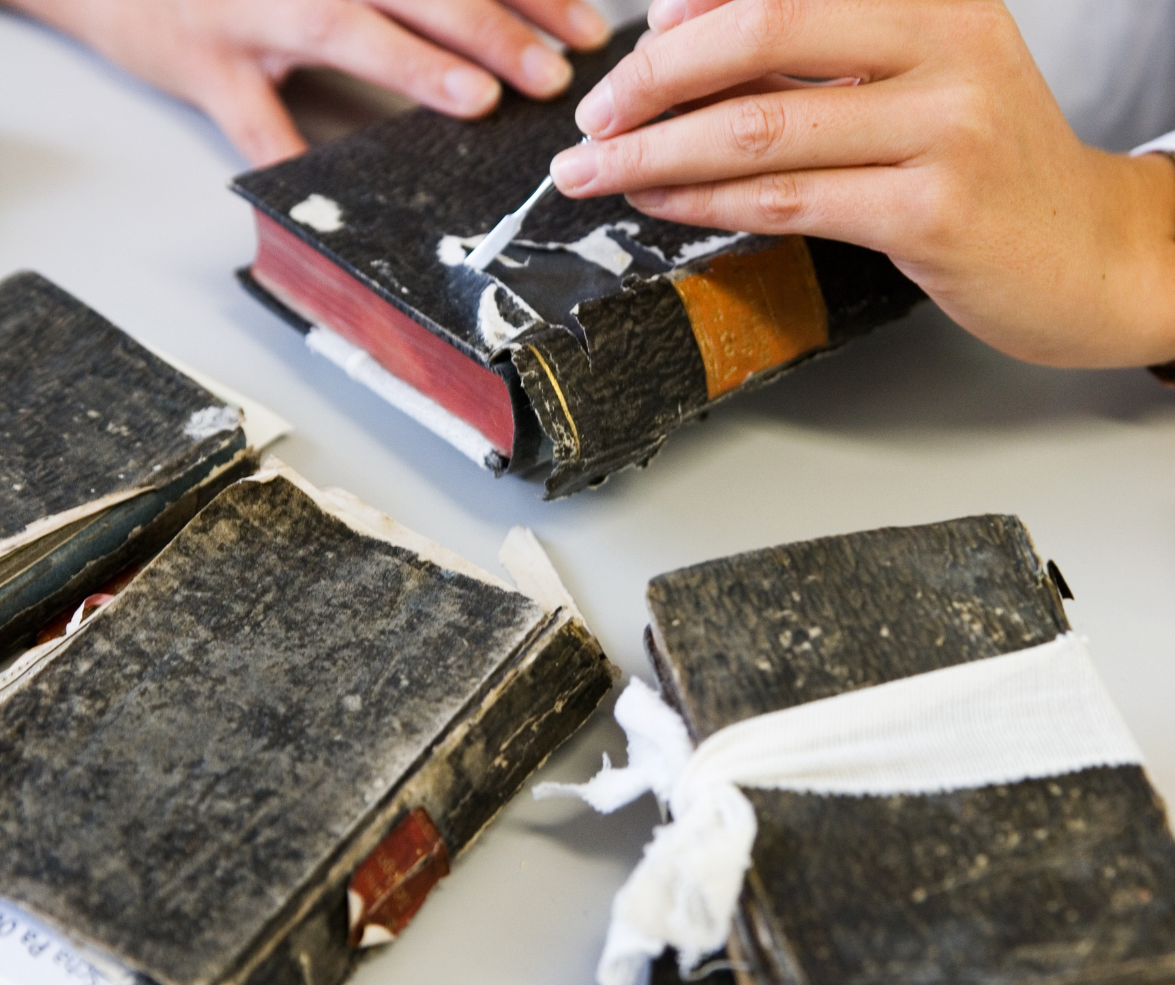Bringing the enchantment of an independent bookstore to your community, Lioness Books creates a unique experience for our customers, weaving literary magic through the heart of Texas.
Our Mission
EXCITING ANNOUNCEMENT!
We Are Putting Down Roots!
We're thrilled to announce that a permanent location is coming soon to Old Town Leander. While we’re still finalizing the details, we can’t wait to welcome you into a cozy space filled with good books, warm vibes, and community connection. Stay tuned for updates—we’ll share more as we get closer to opening day!
Want to help support us? Click the button below to donate!
We ❤ Literacy
Lioness Books supports literacy-driven non-profits in our community to make reading accessible for all. Working with local businesses allows us to keep our economy local, while also empowering our mission-aligned non-profit partners.
What Our Customers Say
Visit Our Blog
Want to Support Lioness Books?
Click the button below to show your support. We appreciate any amount!



